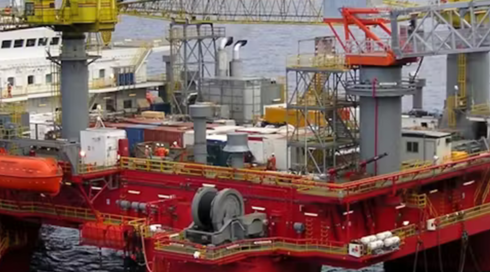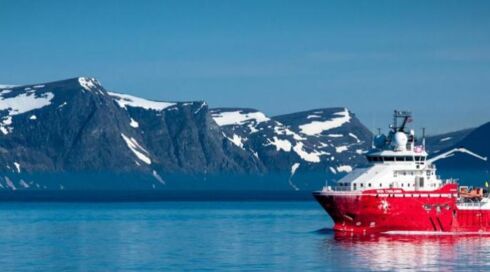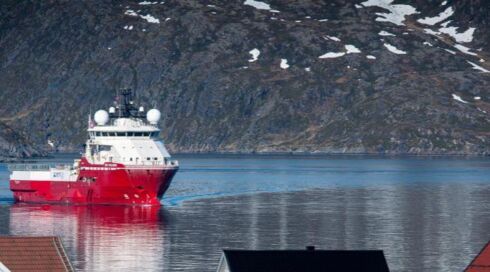5
Since childhood, Carine Lima has had an ambition to work at sea, “I wanted to follow in the same footsteps as my Grandfather, who was an engineer in the Merchant Marine industry. He used to tell me stories about his trips offshore and the different types of vessels and platforms he would work on; he was the idea of the true explorer to me.”
Choosing a Career Path
In 2008, Carine graduated with a Bachelors degree in Nautical Sciences at the Instruction Center Almirante Graça Aranha (CIAGA). “I had two career options that I could have chosen; a Chemical engineer where I would be working on the chemical ingredients that would deal with the operation and the design of the machinery or a deck officer and manage the navigation and communication of the crew onboard. I decided to become a deck officer.”
Being in Control
“As I gained more experience in the industry I decided to develop my skills and become a Dynamic Positioning Officer (DPO). A few years after my graduation, I attended a basic an advanced DP course and gained my certification for this discipline. As DPO you have to calculate external forces (such as wind) and use the thrusters to counteract these forces to stay in position and on course.
Being in an industry such as this you get to be a part of some challenging projects. One of the biggest challenges that I had to face was having the responsibility of managing a platform. Atlas signed me onto the project and it was my responsibility to ensure the safety of the crew on a big semisubmersible platform. I think the most important aspect about my job is to stay observant, keep alert and make sure you are ready for any emergencies that may occur.”
Professional Growth
Since the discovery of oil reserves in South America, Brazil has become a hotbed for oil exploration. Carine explains how this has affected the local content in Brazil. “I have seen a lot of industry leaders bring in international professionals for these types of projects, but I don’t think that this has had a bad affect on offshore personnel in Brazil. By all means, not only does it allow the local content to work with international companies but it also helps develop our professional growth. Working with international personnel has been essential for my career.
For anyone who wishes to pursue a career in this industry I would say that sometimes you may feel lonely in the offshore life, especially when you are faced with a difficult situation however, once you have found the strength to keep going you’ll find that being at the heart of this industry is worth while.”
.png)
.png)


